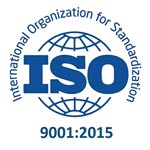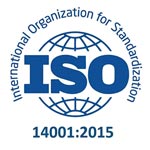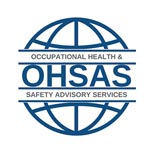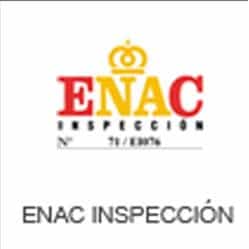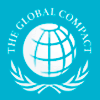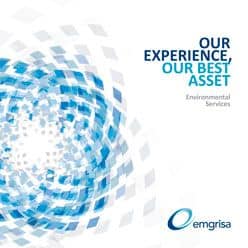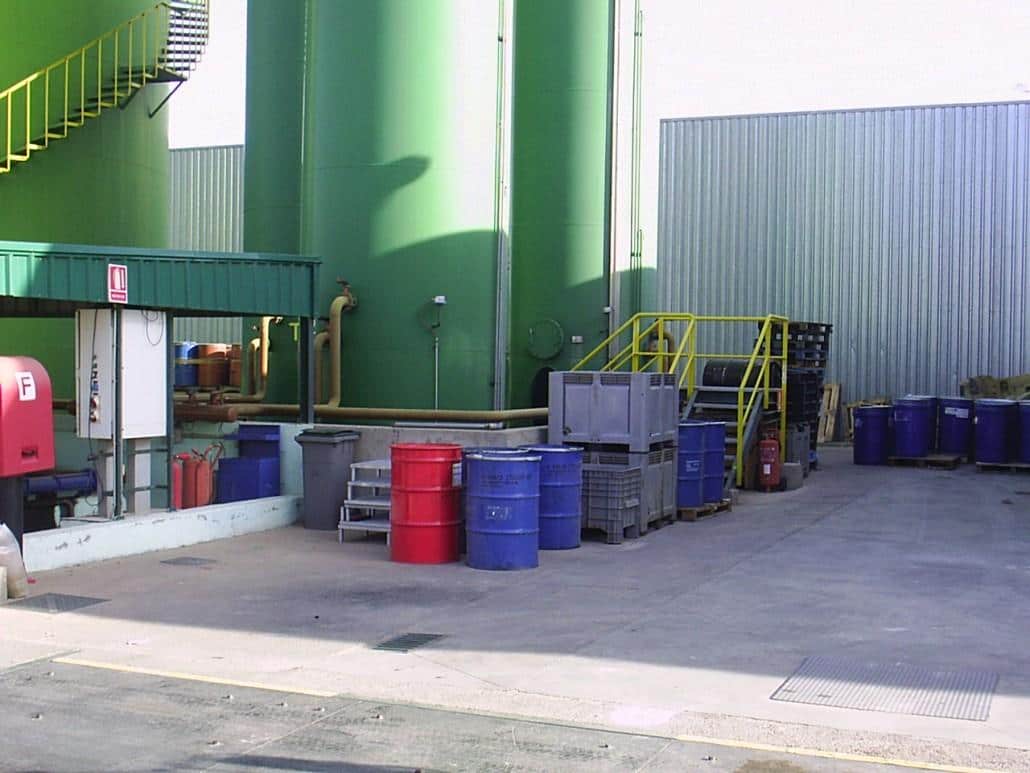
Publication of the New Law on Solid Waste Management according to Legislative Decree 1278 in Peru
On the 23rd of December of 2016 the Legislative Decree nº 1278 (in Spanish) was published, which approves the Law on the Integral Management of Solid Waste and replaces Law Nº 27314: General Law of Solid Waste published in the year 2000. This regulation is applicable to all the productive sectors and includes activities related to internment, storage, treatment, transport and export of solid waste. However, the following wastes are not included in the scope of this Legislative Decree:
- Radioactive wastes: handled by the Peruvian Institute of Nuclear Energy (IPEN).
- Waste generated by military activities: handled by the Ministry of Defence.
- Liquid wastes and wastewater: handled by the National Water Authority (ANA) and the Ministry of Housing, Construction and Sanitation.
- Emission of gases and particulates.
- Special municipal wastes: Waste generated in urban areas whose volume or characteristic require specific handling (laboratory wastes, lubricants, veterinary centres, commercial centres, large events, demolition wastes from minor constructions) will have regulated procedures.
Main principles of the new Law on Solid Waste Management
The Law on the Integrated Management of Solid Waste emphasises on the following principles:
- Circular economy.
- Recovery and recycling of waste.
- Extended responsibility to the producer.
- Shared responsibility
- Protection for the environment and human health.
Extended responsibility to the producer
Amongst all, the concept of extended responsibility of the producer stands out. Unlike in the previous law, in which the responsibility of the generators of hazardous waste finalized upon transferring the waste to a solid waste services provider (EPS-RS), this law emphasizes the responsibility of manufacturers, importers, distributors and traders have throughout the product lifecycle, including during the post-industrial and post-consumer phases.
Recovery and recycling of solid waste
The recycling or recovery of waste is mentioned a lot in the regulation and especially in Title II: Efficiency of the Materials and Minimisation at Source, that refers to the utilisation of discarded material. This is to promote the transfer of material between different productive activities, where it is recovered and will no longer be treated as solid waste.
Change of denomination of companies providing solid waste services
Another important aspect of the new law is the change in denomination of the “Companies Providing Services for Solid Waste (EPS-RS)” and “Solid Waste Commercial Companies (EC_RS)” to Solid Waste Operating Companies.
The registry of said companies was originally managed by the Direction of Environmental Health and since the publication of the new Law, was transferred to the Ministry of Environment. The criteria for the registry is detailed in the Regulation of the current Law.
Competences of OEFA and SENACE
Finally, a new set of powers has been given to the Organism of Environmental Evaluation and Inspection (OEFA) and National Environmental Certification Agency for Sustainable Investments (SENACE) , in the management of solid waste.
OEFA will oversee inspections, supervisions and sanctions in the handling of solid waste by owners of infrastructures (municipalities or Solid Waste Operating Companies), of treatment, of transformation and final elimination. Whereas SENACE will evaluate and approve the environmental studies of infrastructure projects of the management of municipal waste and in the case that the service covers two or more regions. In addition, infrastructure projects for the management of non-municipal waste or mixed waste when these are located outside of industrial or production installations or belong to a Solid Waste Operating Company.
Validity
Although the General Law on Solid Waste has not been totally repealed, the publication of the Regulation of the new law (stipulated in 6 months) will completely repeal the Law 27314. It is expected that this regulation will provide more tools to promote the recovery and recycling of solid waste from all areas of generation, both in the productive sectors and in households.
For more information on this topic and the services of Emgrisa, you can consult or contact us via info@emgrisa.pe.
Publicado el 17/03/17


